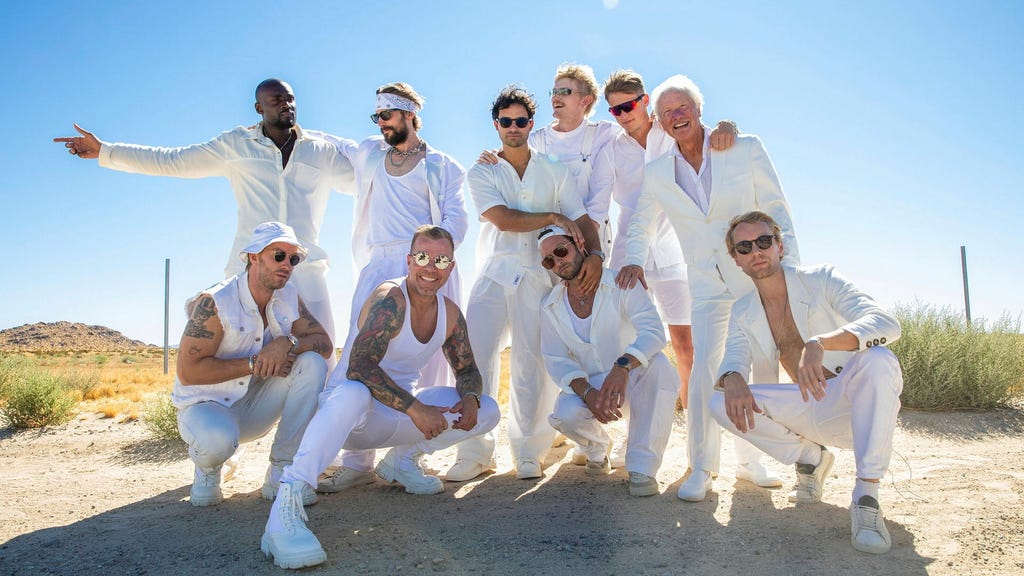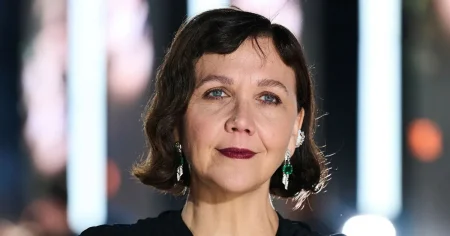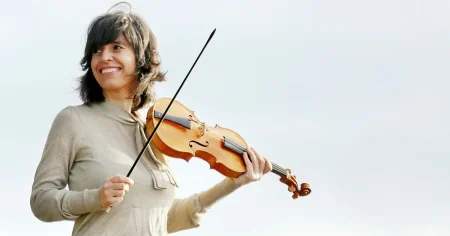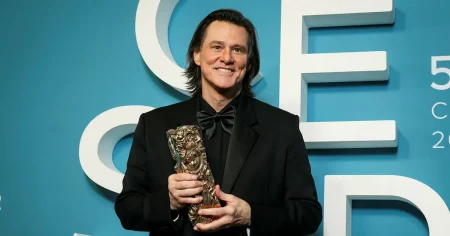The contemporary ideal of masculinity is undergoing a significant transformation, moving away from traditional stereotypes of stoicism and aggression towards a more emotionally open and vulnerable expression. This shift is evident in various facets of popular culture, particularly reality television and music, where the ”soft boy” archetype is increasingly prominent. The Swedish reality show ”Gift vid första ögonkastet” (Married at First Sight), particularly its winter edition, provides a striking example of this evolving masculinity. The show subjects participants to a series of challenging and often uncomfortable situations, from icy weddings and chilly honeymoons to awkward intimacy exercises. Remarkably, most of the male participants navigate these trials with impressive composure, openness, and even humor, showcasing a willingness to embrace vulnerability and emotional expression that contrasts sharply with traditional masculine ideals.
This new wave of masculinity emphasizes emotional intelligence, communication, and empathy. The men featured in ”Gift vid första ögonkastet” embody these qualities, readily expressing their feelings, offering comfort to others, and engaging in open communication with their partners. They are not afraid to shed tears, demonstrating a healthy emotional range that defies outdated notions of male stoicism. This contrasts with the show’s producers, whose decision to subject the couples to such harsh conditions seems almost sadistic, particularly in comparison to the more supportive and luxurious environments typically seen in international dating reality shows. The men’s resilience and emotional maturity in the face of these challenges further highlight their departure from traditional masculine norms.
The trend extends beyond ”Gift vid första ögonkastet,” permeating other reality shows like ”Paradise Hotel.” Here, male contestants form close bonds through shared activities like bathing and cuddling, prioritizing emotional connection over competition and dominance. Even in situations with potential for conflict, such as a love triangle, the male participant at the center chooses vulnerability over bravado, expressing his discomfort at being objectified and receiving support from his male peers. This emotional openness and rejection of traditional ”alpha male” behavior ultimately contribute to his success on the show, signaling a shift in audience appreciation towards more sensitive and emotionally intelligent men.
This evolving masculinity is further reflected in the popularity of musical acts like Björnzone, a supergroup parodying 90s boy bands while simultaneously embracing the softer side of masculinity. Fronted by pop star Victor Leksell, whose hit song ”Svag” (Weak) celebrates vulnerability, Björnzone’s music videos showcase themes of domesticity, warmth, and emotional connection. Their playful take on traditional masculinity resonates with a growing audience seeking an alternative to the more aggressive and dominant representations of manhood often prevalent in Western culture. The popularity of Björnzone and Leksell suggests a cultural yearning for a more gentle, empathetic, and emotionally expressive masculine ideal.
The emergence of the ”soft boy” and the increasing acceptance of male vulnerability represent a significant departure from traditional notions of masculinity. This shift is not simply about men showing emotions; it’s about redefining strength and resilience to include emotional intelligence, communication, and empathy. These men are comfortable expressing a full range of emotions, from joy and affection to sadness and vulnerability, without fear of judgment or ridicule. This new masculinity challenges the outdated notion that men must be stoic and emotionally detached to be considered strong, suggesting that true strength lies in the ability to connect with others on an emotional level and embrace vulnerability.
The growing popularity of this new masculine ideal in popular culture suggests a broader societal shift towards embracing emotional intelligence and vulnerability as positive traits in men. This evolution offers a refreshing alternative to the often toxic and restrictive norms of traditional masculinity, paving the way for a more inclusive and emotionally healthy understanding of manhood. The embrace of vulnerability and emotional expression by male figures in media represents not a weakening of masculinity, but rather a strengthening and expansion of it, offering a more nuanced and multifaceted portrayal of what it means to be a man in the 21st century. The trend reflects a move toward a more balanced and emotionally intelligent form of masculinity, one that values connection, empathy, and authenticity.














